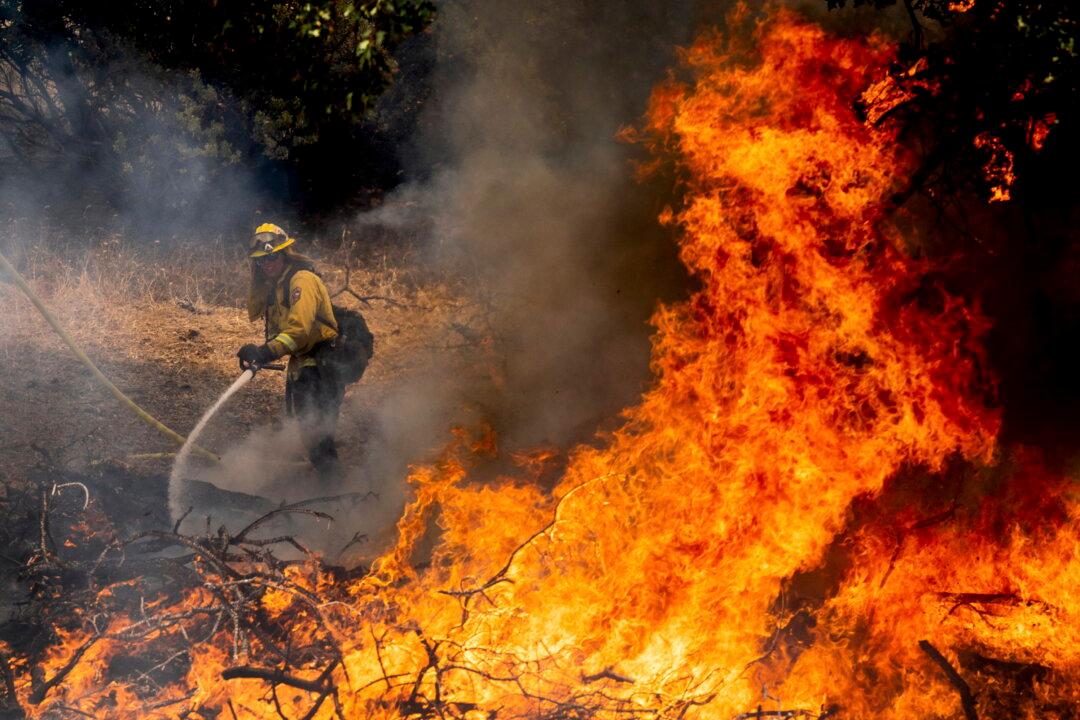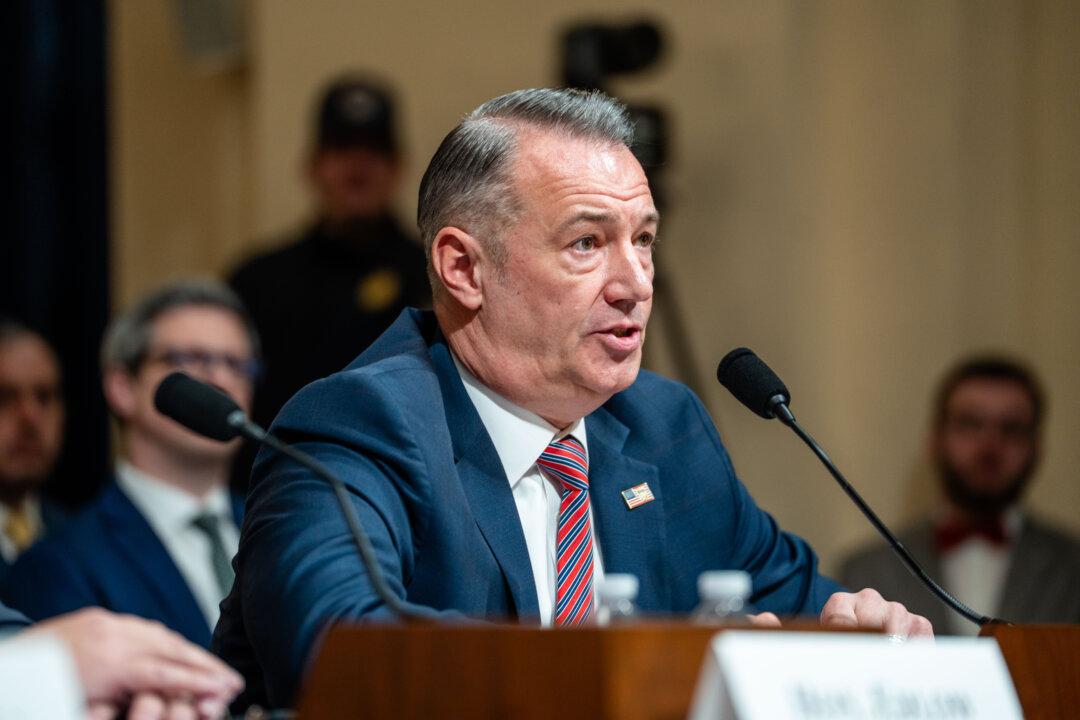Researchers at the University of California, Los Angeles (UCLA) say more than 52,000 Californians died from inhaling wildfire smoke from 2008 to 2018.
A new report by the university published June 7 in the journal Science Advances says the deaths caused by people inhaling the fine particles of unhealthy air—that is, particulate matter less than 2.5 micrometers in diameter—also cost the state economy up to $456 billion.





